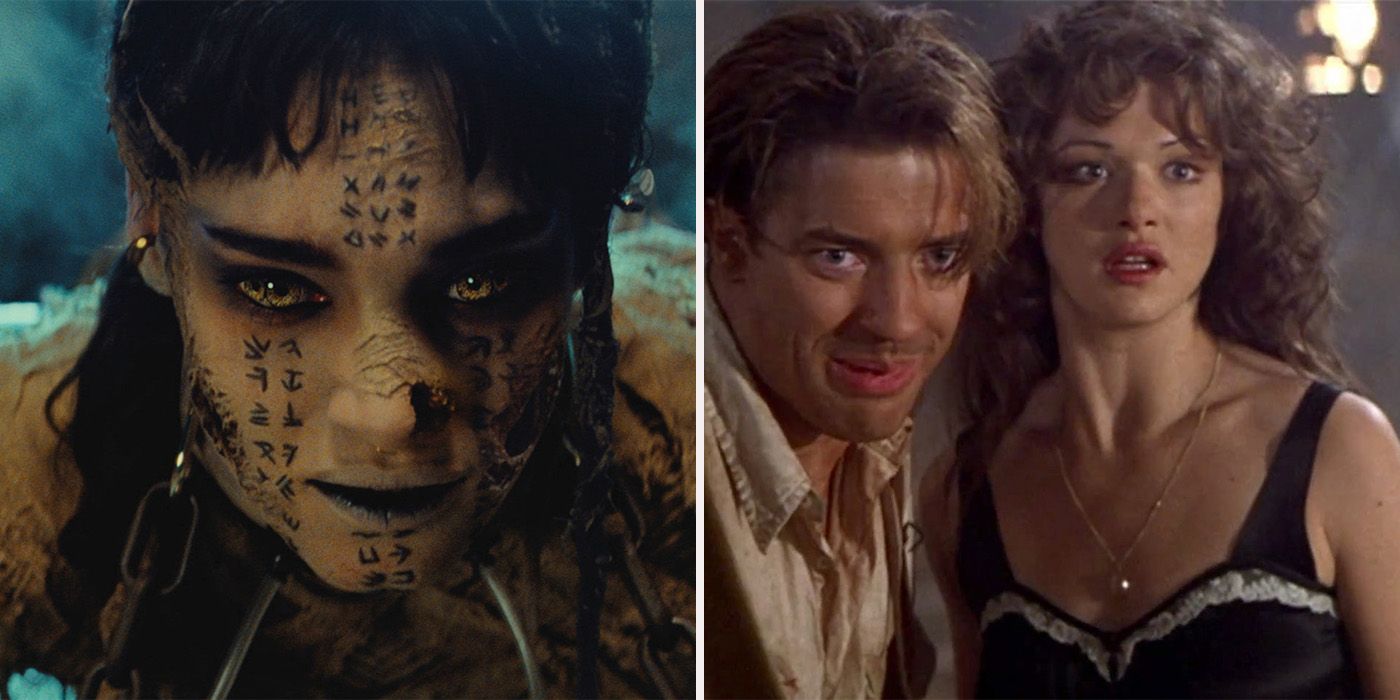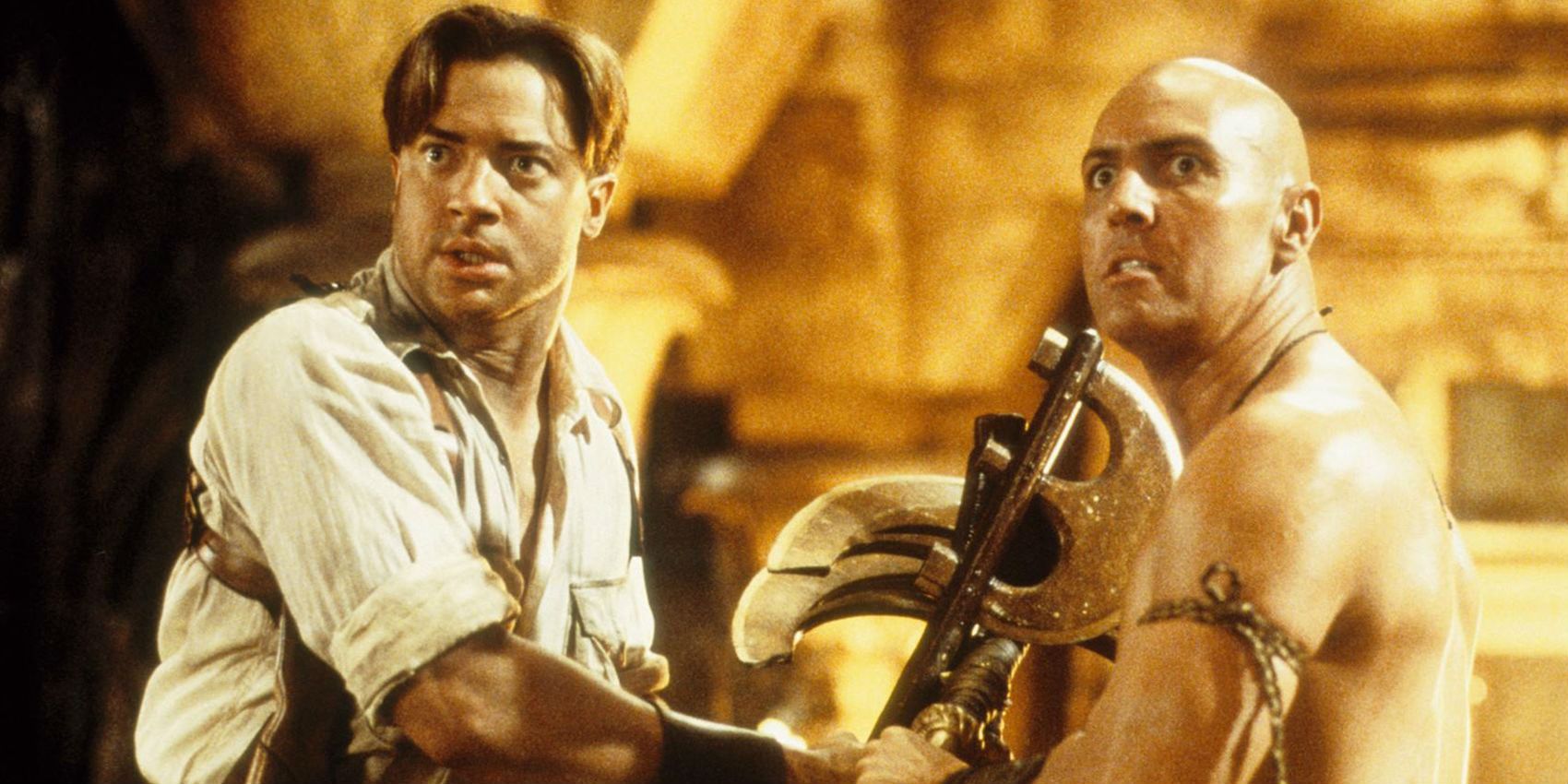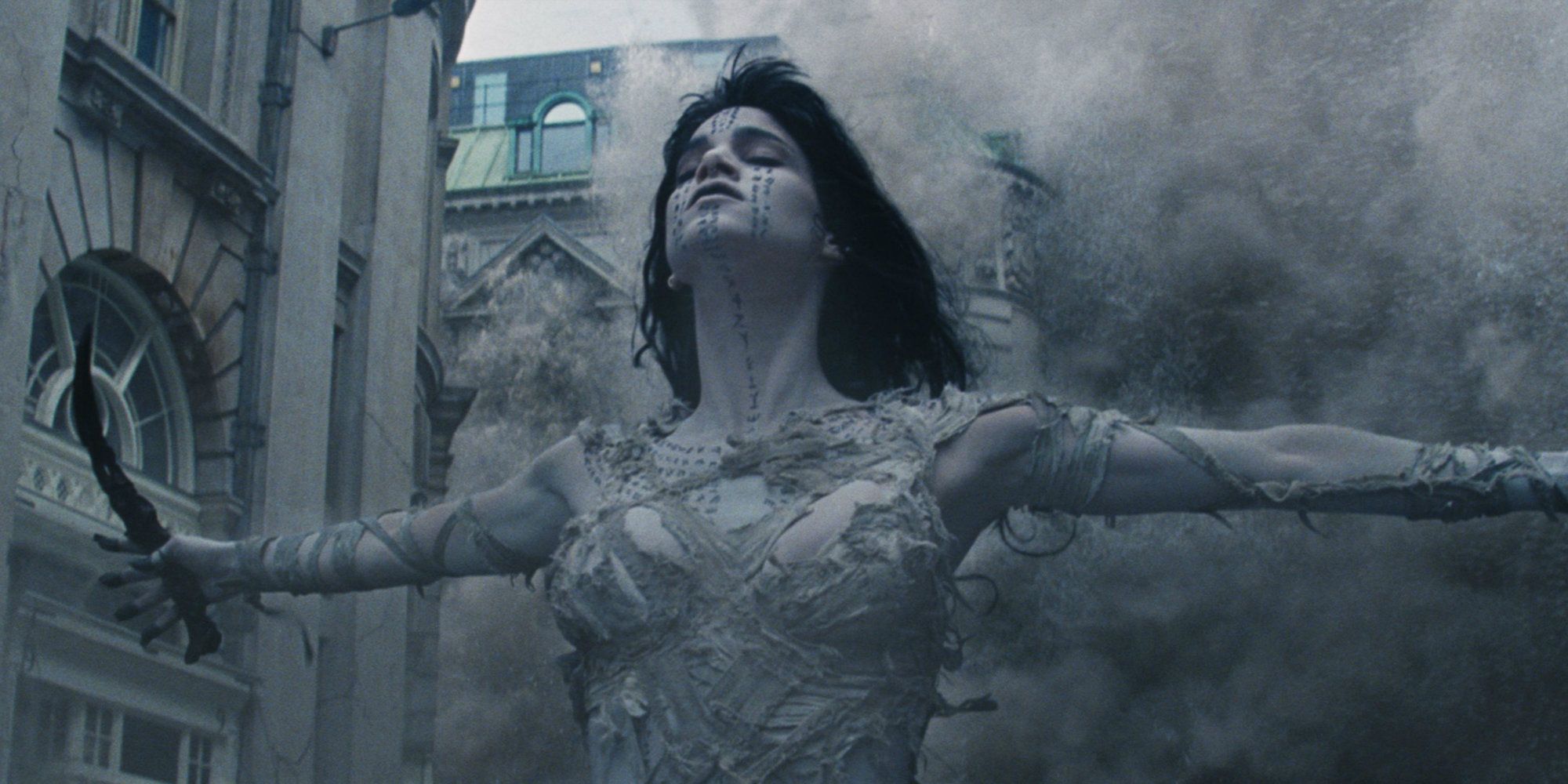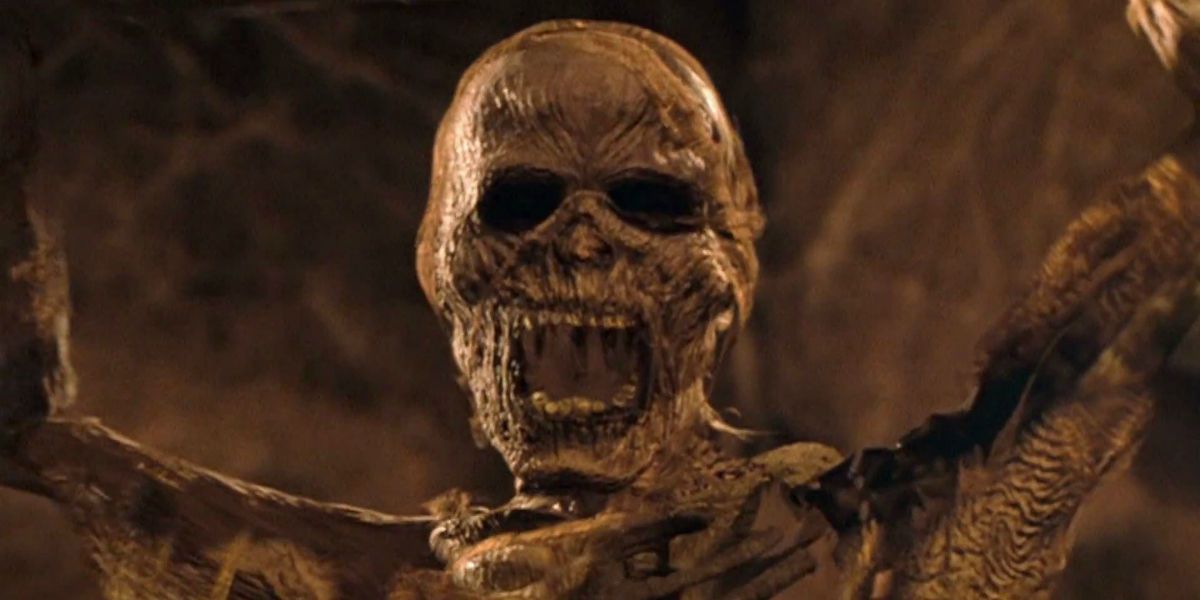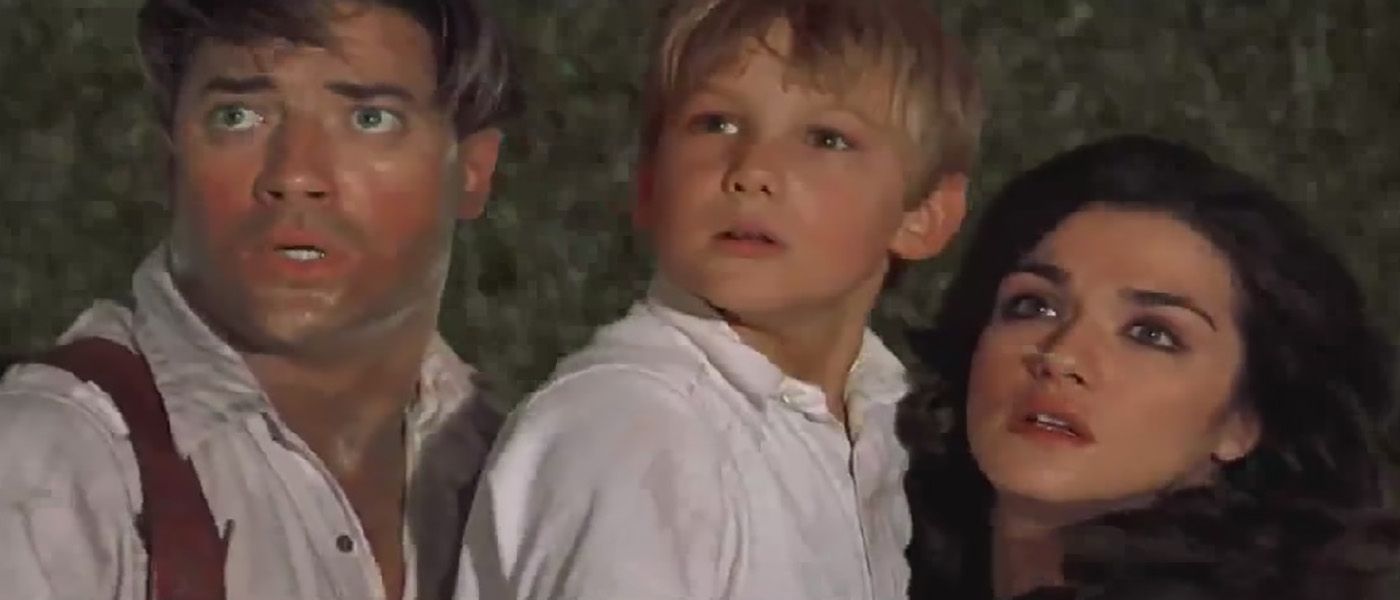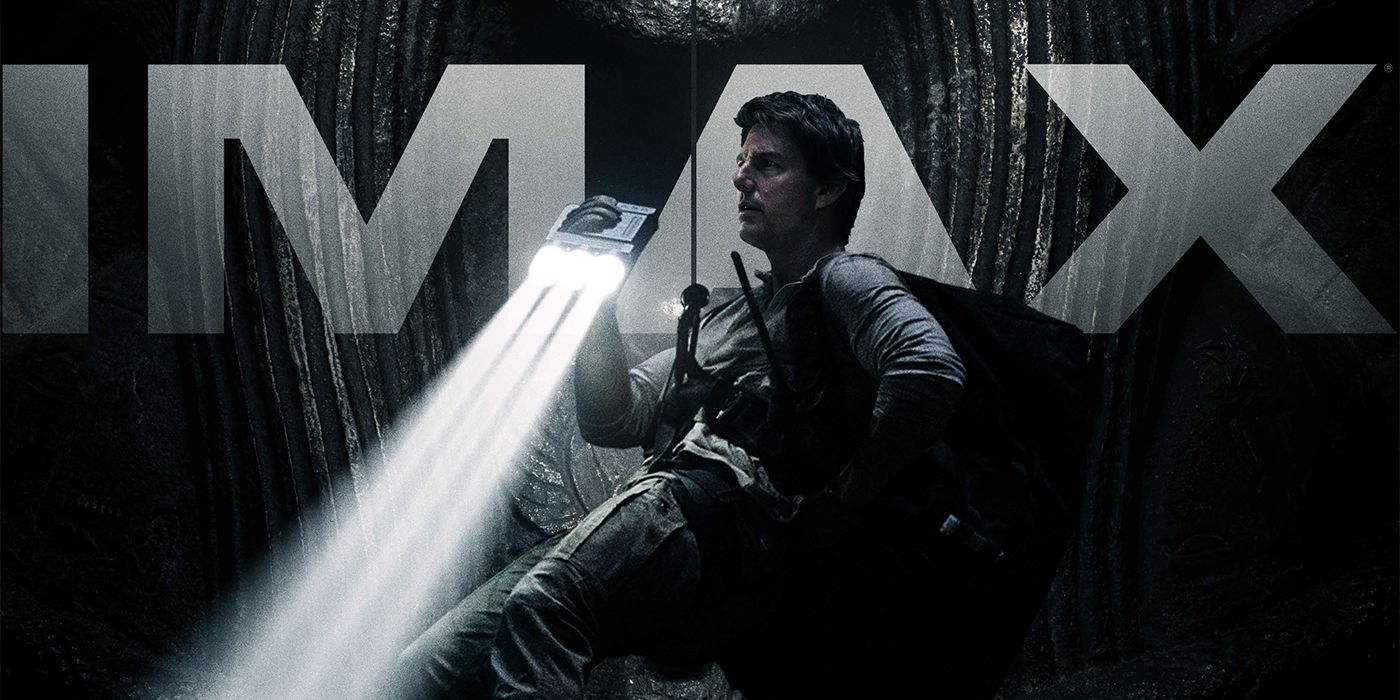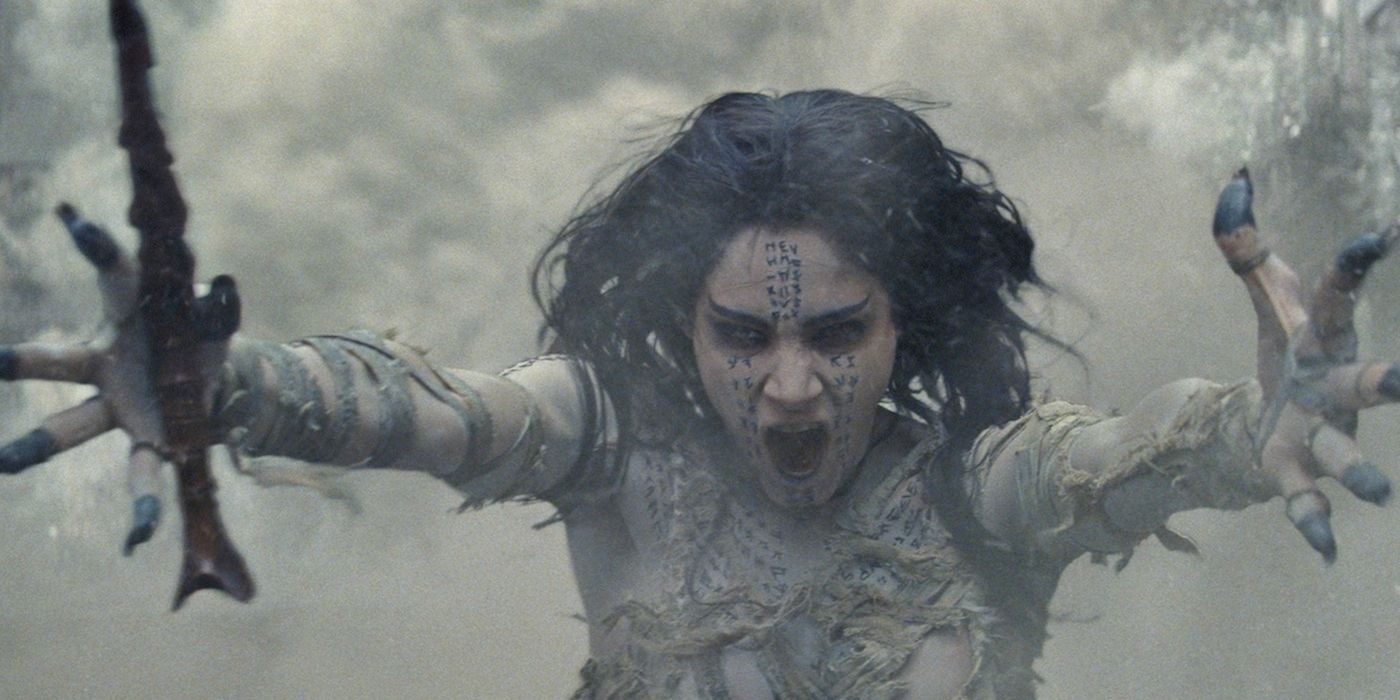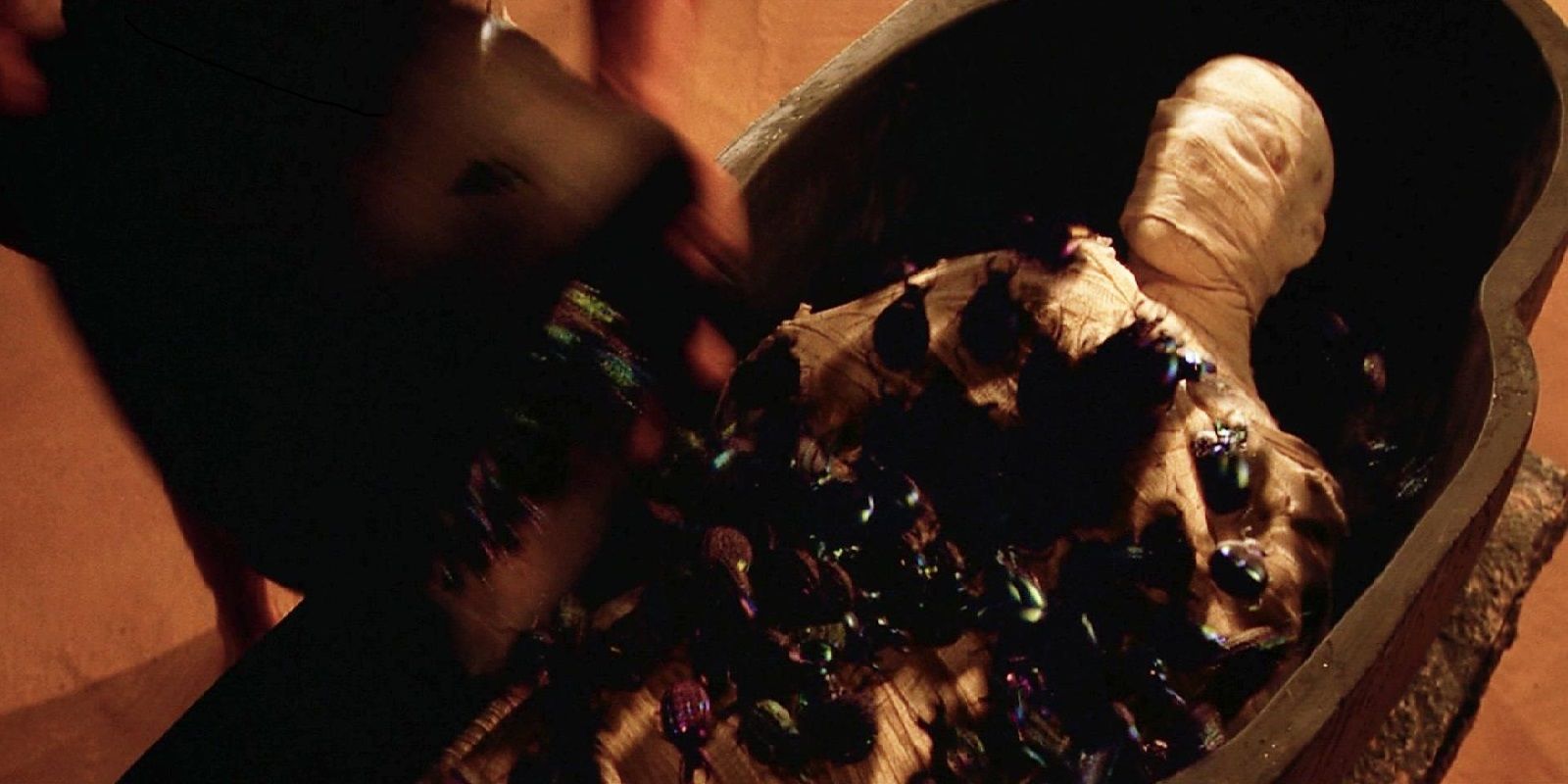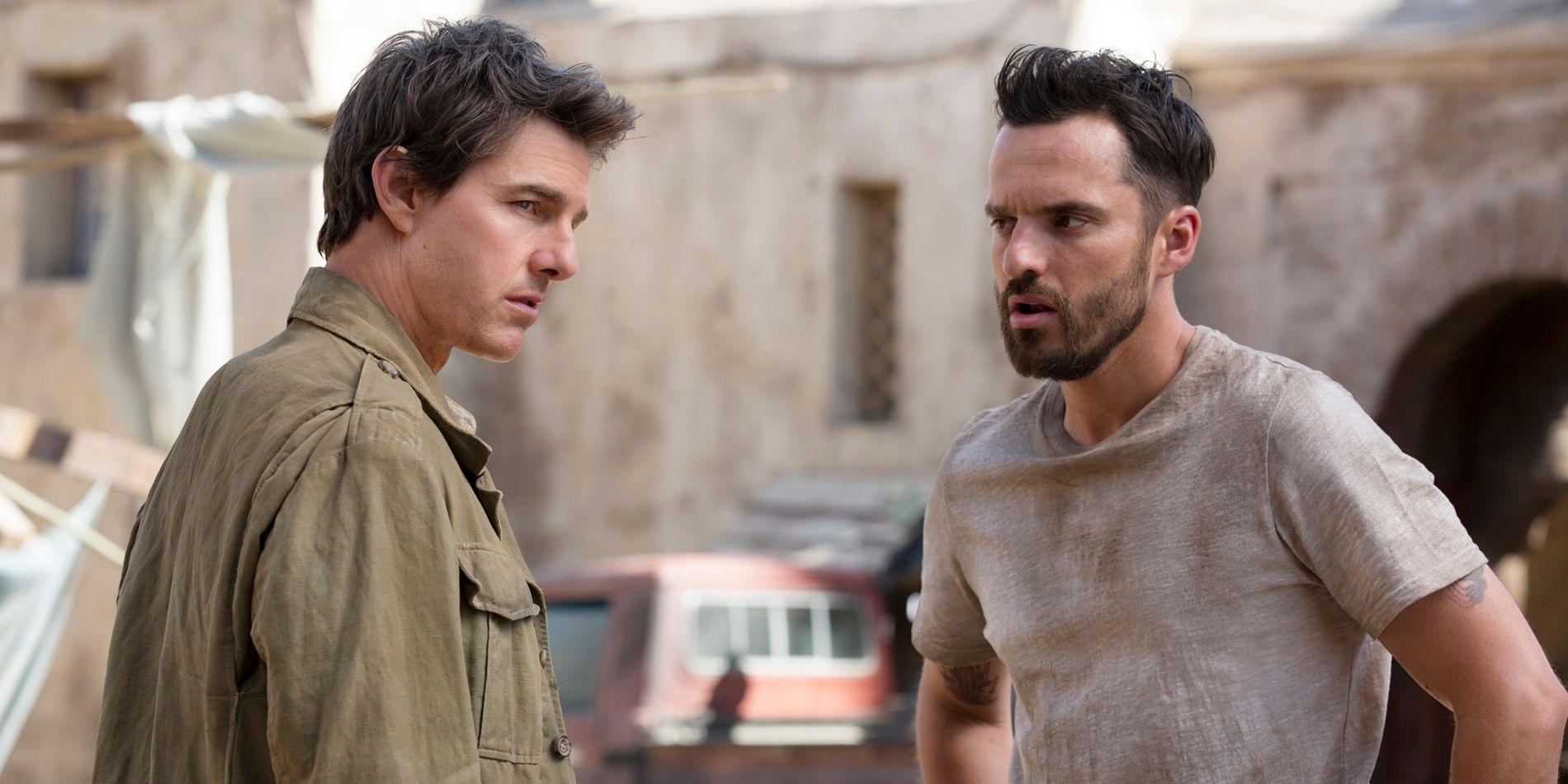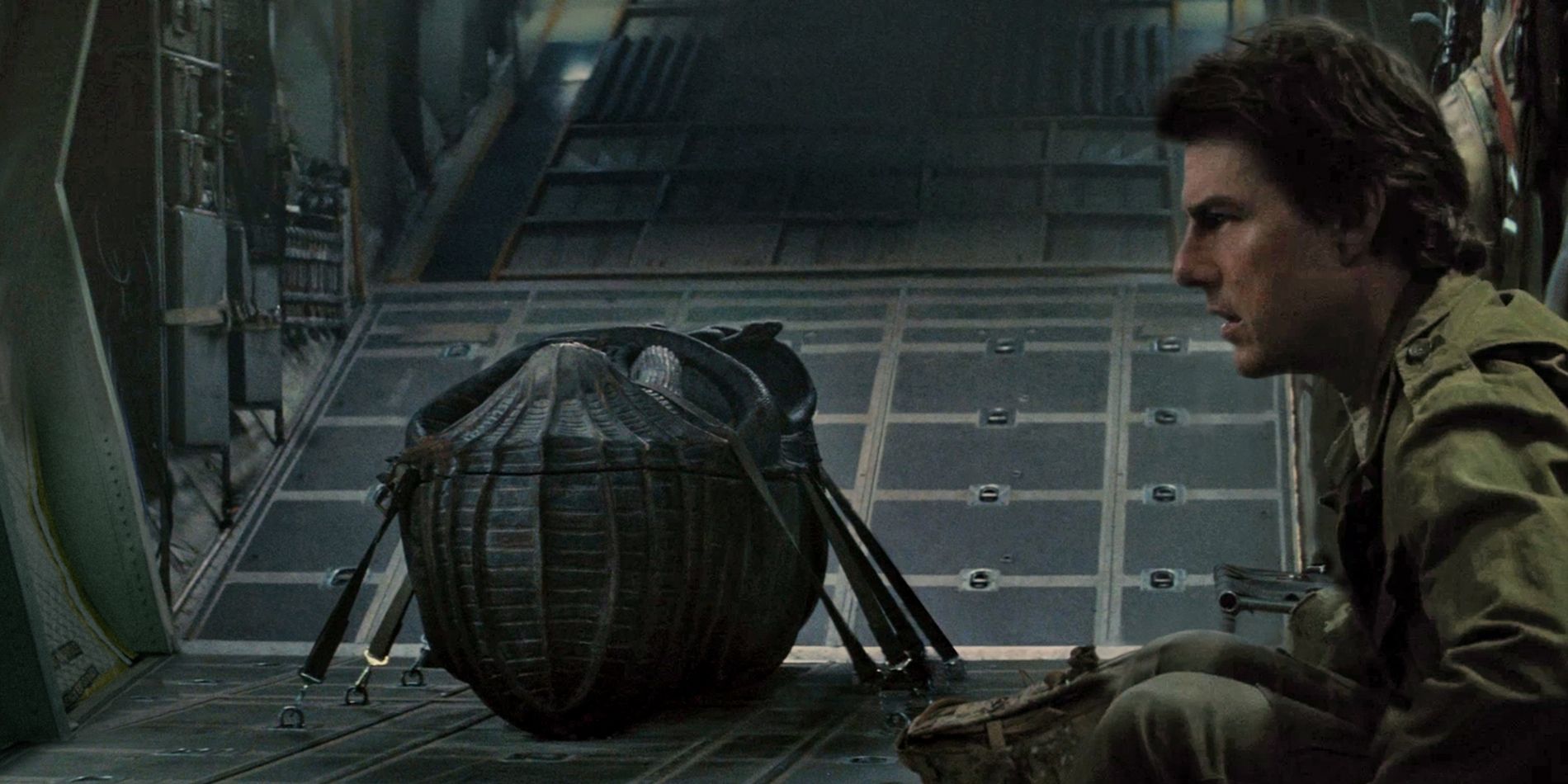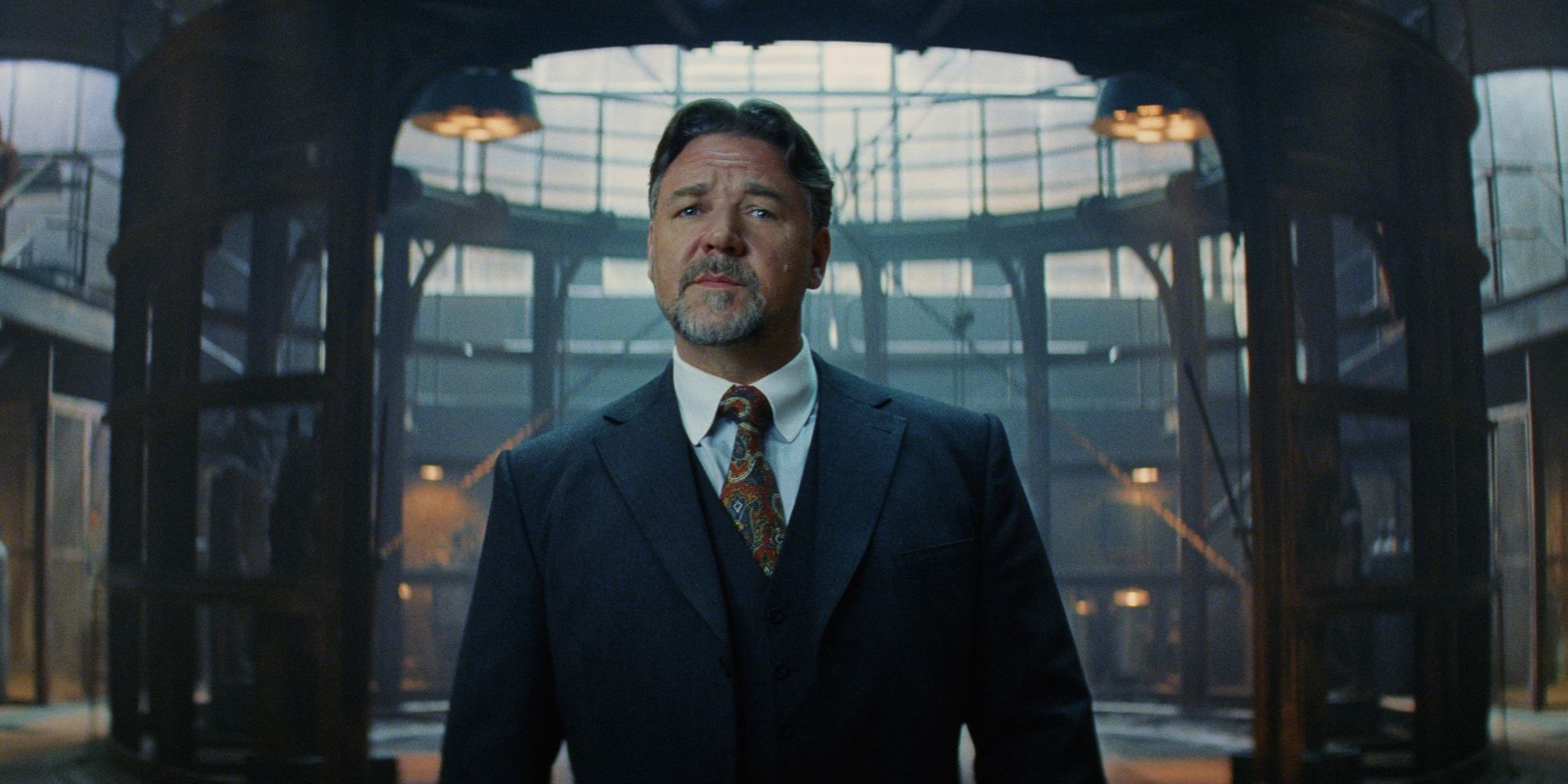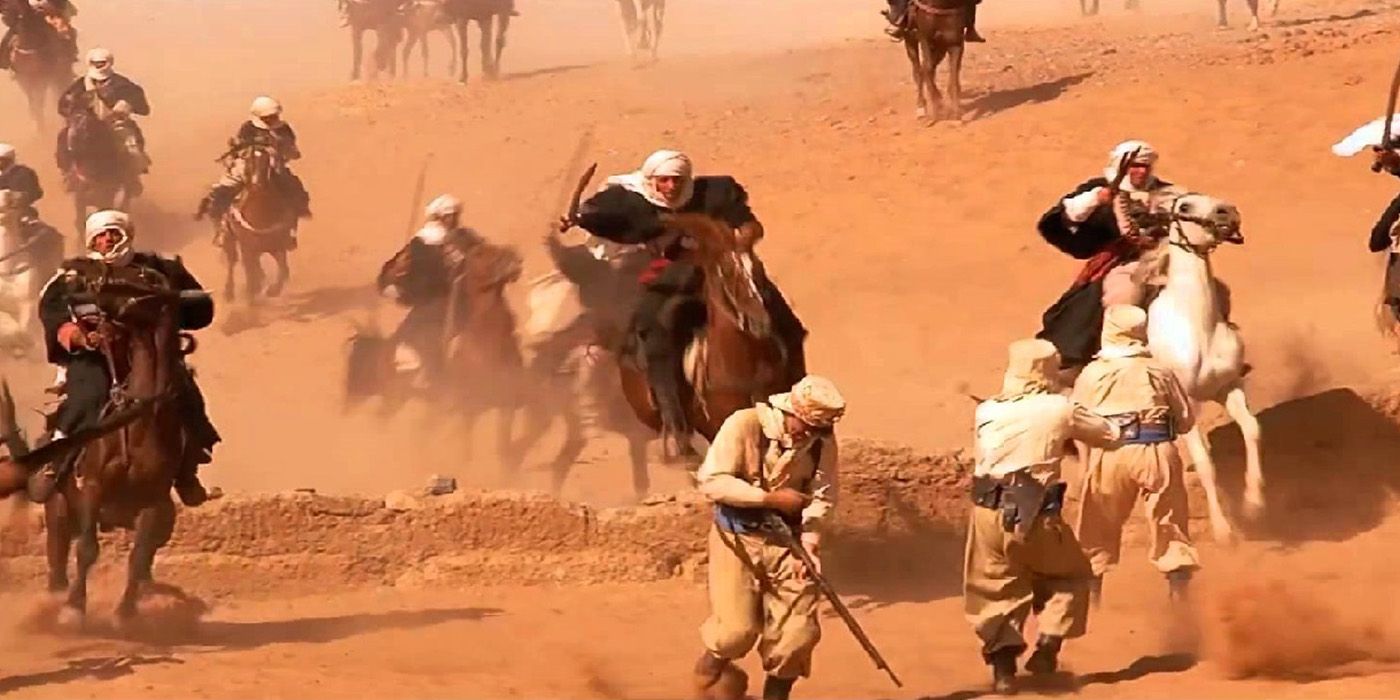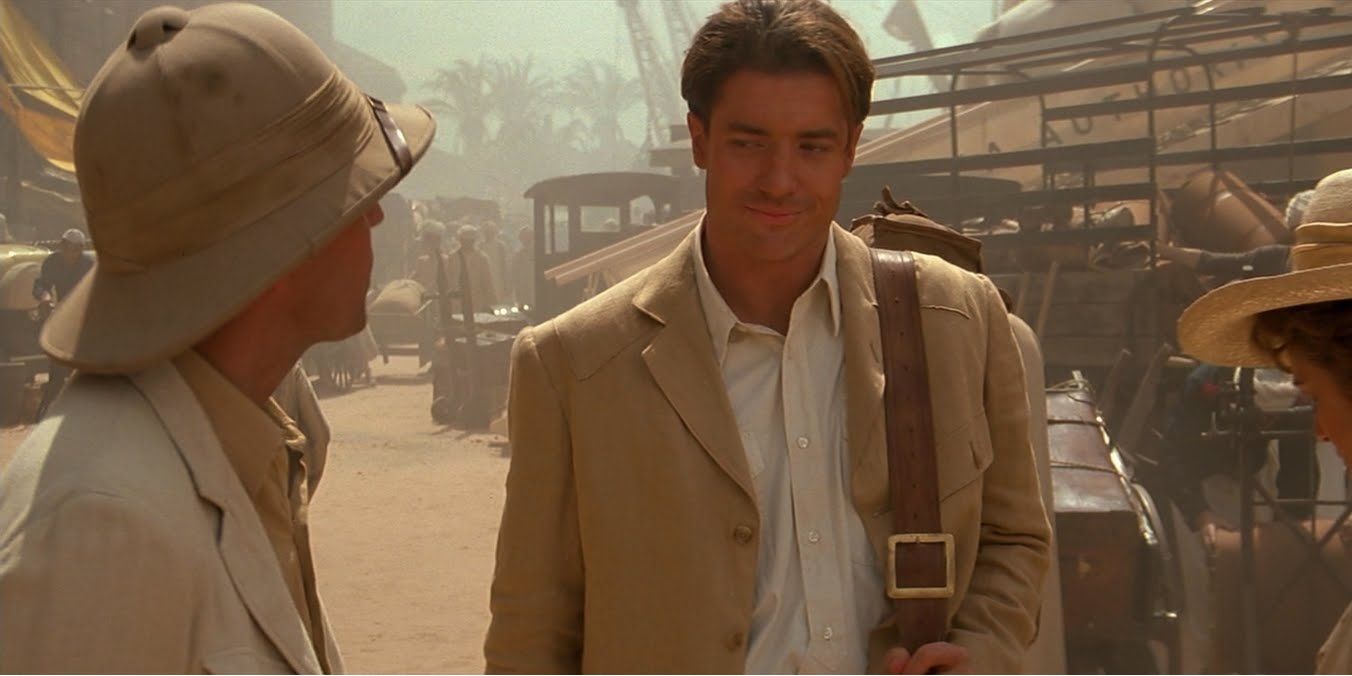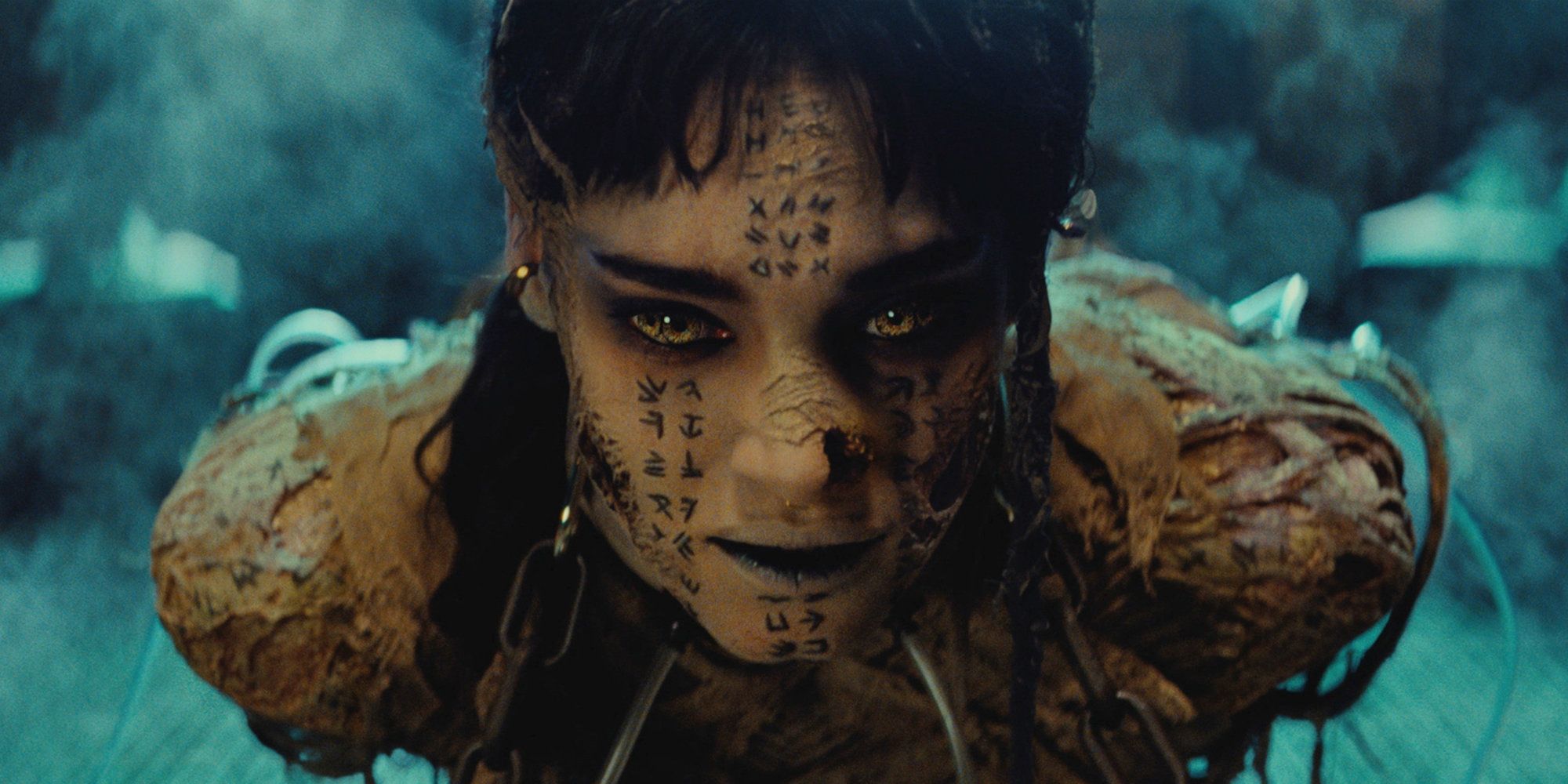The Mummy, starring Tom Cruise and directed by Alex Kurtzman, is just the latest in a long line of films featuring the vengeful return of long-dead Egyptian royalty. Our fascination with the story reached new heights back in 1999 with Stephen Sommers' box office hit, also entitled The Mummy, and its equally successful 2001 follow up, the imaginatively titled The Mummy Returns.
Sommers' films combined action, humour and horror to draw their audiences into an exciting, adventurous world based on Egyptian mythology and romance. The Cruise reboot however, seems to be heading in a wildly different direction, with more horror, fewer laughs and an aim to kick off a series of films by Universal studios.
This is a bold move but the new, contrasting re-imagining of the Mummy story risks alienating fans of the earlier films. 2001 may seem like a long time ago, but for many people the Sommers films, which starred Brendan Fraser and a young Rachel Weisz, are still fresh in the memory, with unforgettable villains, characters and plot-lines.
Let's unwrap 15 Reasons Why The Mummy Reboot Can Never Compare With Its Predecessors.
15. NO IMHOTEP, THE CLASSIC MUMMY
Since Boris Karloff first shambled around trying to mummify reincarnated maidens as Imhotep in 1933, the character has been an iconic part of the Mummy mythology. Based on a genuine historical figure, Imhotep was revived for Sommers much-loved reboot, with actor Arnold Vosloo creating a sinister, charismatic version of the former High Priest.
The upcoming rebooted reboot, however, seems to have abandoned this antagonist completely, instead placing a female mummy named Ahmanet into the role. While her origin story will no doubt be interesting and exciting in its own right, part of the Mummy concept's enduring success is owed to the tragedy inherent in the Imhotep character. His evil machinations were ultimately motivated by a sad, desperate desire to be reunited with his former lover.
14. SET PRIMARILY IN LONDON, NOT EGYPT
The majority of the action of the new Mummy takes place in London, and the UK's capital takes a bit of a battering; sandstorms obscuring Big Ben, glass shattering all over the Natural History Museum, that kind of thing.
In all fairness, it makes sense to freshen up the setting for a reboot, but the vast, endless sand plains of Egypt and the Middle East are part of the charm of the earlier films. They allow you to indulge in the mythology and fantasy that surrounds true Egyptian history, which in turn increases your enjoyment of the plot.
Clearly some of Kurtzman's film takes place in the traditional sandy setting, as the sarcophagus containing Ahmanet has to come from somewhere. But it's hard to shake the feeling that the metropolitan setting will place the film closer to 28 Days Later than its own predecessors.
13. DIFFERENT COMPOSER
The sad death of legendary film composer Jerry Goldsmith in 2004 deprives the upcoming film of the music that won several coveted awards the year Sommers' The Mummy was released. His Middle-Eastern inspired, authentic-sounding music beautifully suited the landscapes and action of the film's setting, and was instrumental in creating the kind of atmosphere that allowed true enjoyment of the feature.
Kurtzman's effort has been scored by Brian Tyler, whose earlier work includes blockbusters such as Iron Man 3, Thor: The Dark World, and Fast & Furious. While he's undeniably a talent, can Tyler really capture the same sense of time and place in his music that so worked so well in the earlier films?
12. THE FAMILY SUBPLOT
One of the clever modifications that The Mummy Returns made to the franchise was the addition of a child character. Rick and Evelyn, the protagonists from The Mummy (1999), have by the second film raised a child, Alex. Alex becomes central to the plot of the second film, and this whole set up creates an interesting family dynamic that helps to draw in family audiences. It's cute to see how the characters have developed and how family life has changed them.
The new film obviously has the disadvantage of starting from scratch, but it doesn't seem as if the producers thought this was a element that was worth keeping. Which is a shame, because having children in action films can raise the stakes considerably, and often makes for an exciting and complex dynamic that affects our heroes.
11. BOTCHED TRAILER
The Mummy (1999) was promoted by several trailers typical of its time, with a dramatic sounding, bassy voice telling us over action shots how much we would love it and who starred in it. These trailers undoubtedly played their part in making The Mummy such a huge box office hit.
Trailers for The Mummy (2017) meanwhile, have been rather serious, action-packed montages so far, with various shots of Tom Cruise hitting things, being hit by things, and generally doing what Tom Cruise has been doing since 1986. Again, this is a fairly typical trailer format that has been successfully applied to recent blockbusters.
Problems arose late last year, though, when IMAX showed a trailer that lacked almost all audio excluding the casts screams of terror. They swiftly tried to remove it, but in the age of ultra-fast sharing and searching, it was already too late. Check it out here. Aside from being vaguely disquieting, it makes the film look rather silly. Given its hyper=serious pitching, that's definitely not ideal in the run up to release.
10. SPECIAL EFFECTS FEST
Admittedly, being a story about a reanimated corpse, this film was always going to involve some serious CGI and various other special effects. The 1999 The Mummy and its first follow up made fairly extensive use of these techniques, but also grounded the film with an outrageously tongue-in-cheek script and excellent romantic subplots.
The pace at which digital effects have evolved, however, make them a tempting tool for any director's arsenal. The trailers for the latest The Mummy reveal an astonishing number and scale of effects. As impressive as that could be to watch, it's also possible that they will obscure or overshadow some of the other elements that are essential in making a film great.
Films have gone too far with CGI in the past: just because you can doesn't mean you should, as The Hobbit showed all too recently, with its large armies of inferior looking fantasy humanoids.
9. NO ICONIC BLACK SCARAB BEETLES
The newest Mummy naturally features Tom Cruise in various life and death situations. Featuring the living dead, rats, an undead princess intent on revenge, and a manic Russell Crowe, there's no shortage of enemies for his intrepid Nick Morton to face. Conspicuously absent, though, is an enemy that has been an iconic part of The Mummy franchise since the initial 1999 reboot: the flesh-eating black scarab beetle.
In Sommers' films, these nasty little critters provided a suitably horrifying way for characters to die, while fitting nicely into the Egyptian mythological background. A swarm of rats surrounding Tom Cruise, while awesomely creepy, just doesn't quite have the same impact as the otherworldly black scarabs featured in the original franchise.
8. NO ZANY COMIC RELIEF CHARACTER
The new film has a talented cast, with Cruise heading up a collection that includes Russell Crowe and former Peaky Blinders star Annabelle Wallis. It seems, though, that the film's expected comic relief, played by the talented Jake Johnson, can't live up to the role played by John Hannah in the previous trilogy.
Hannah's irrepressible Jonathan Carnahan supplied each film with essential comic relief, as well as kicking off the whole saga by supplying his sister with a mysterious map to the city of the dead. It also helped that he served as an alternative heart-throb to the burly Brendan Fraser. Without anyone to supply consistent laughs, this latest mummy feature could very easily end up taking itself far too seriously.
7. LACK OF MYSTERIOUS BUILD UP
Let's be absolutely honest - the plot for the latest film is somewhat out of the bag. We all know that we're going down a well-trodden path into a tomb somewhere and that a magical, angry, undead creature is going to rise from the grave and attempt to conquer/destroy the world. The details of why and where that happens are, of course, open to change but the essential characteristics are exactly the same. Part of the entertainment value of long running stories like The Mummy is the familiarity that we have with the themes and tropes.
On the other hand, in this particular case, the trailers and promotional interviews have also shed far too much light on any mystery and variation that the writers were able to create. We know that Tom Cruise's character dies and wakes up in a morgue, cursed. We know that Russel Crowe plays Dr. Jekyll and that he leads a secretive, BPRD-like organization that researches and catalogues monsters. There's still a little room for twists and turns but it's a far cry from the mystery of the search for Hamunnaptra in Sommers' first film.
6. SETUP FOR OTHER MOVIES
The creation of vast, interconnected onscreen universes is very much in vogue at the moment. Most obviously, Marvel and DC are trailblazing the way with countless superhero crossover films and TV series. Universal has decided to get on the bandwagon and create their own shared world, based on monsters and myths. The Mummy is the starting point of the whole collection.
It's an interesting idea, but it does mean that, despite the assurances of Alex Kurtzman, the latest film will undoubtedly spend chunks of its time setting up other planned movies, monsters and characters. This is quite difficult to do in an organic way that doesn't feel a little like an exercise in marketing, and could easily detract from our enjoyment of the story at hand.
Even the inclusion of Dr. Jekyll feels a little shoehorned in, although it remains to be seen if it can be made to work. Contrastingly, Sommers' films were able to draw their audiences into a clearly defined, self-contained story and world. Kurtzman has to strike the right balance to make sure he doesn't distract instead of intrigue.
5. NO ICONIC HEROINE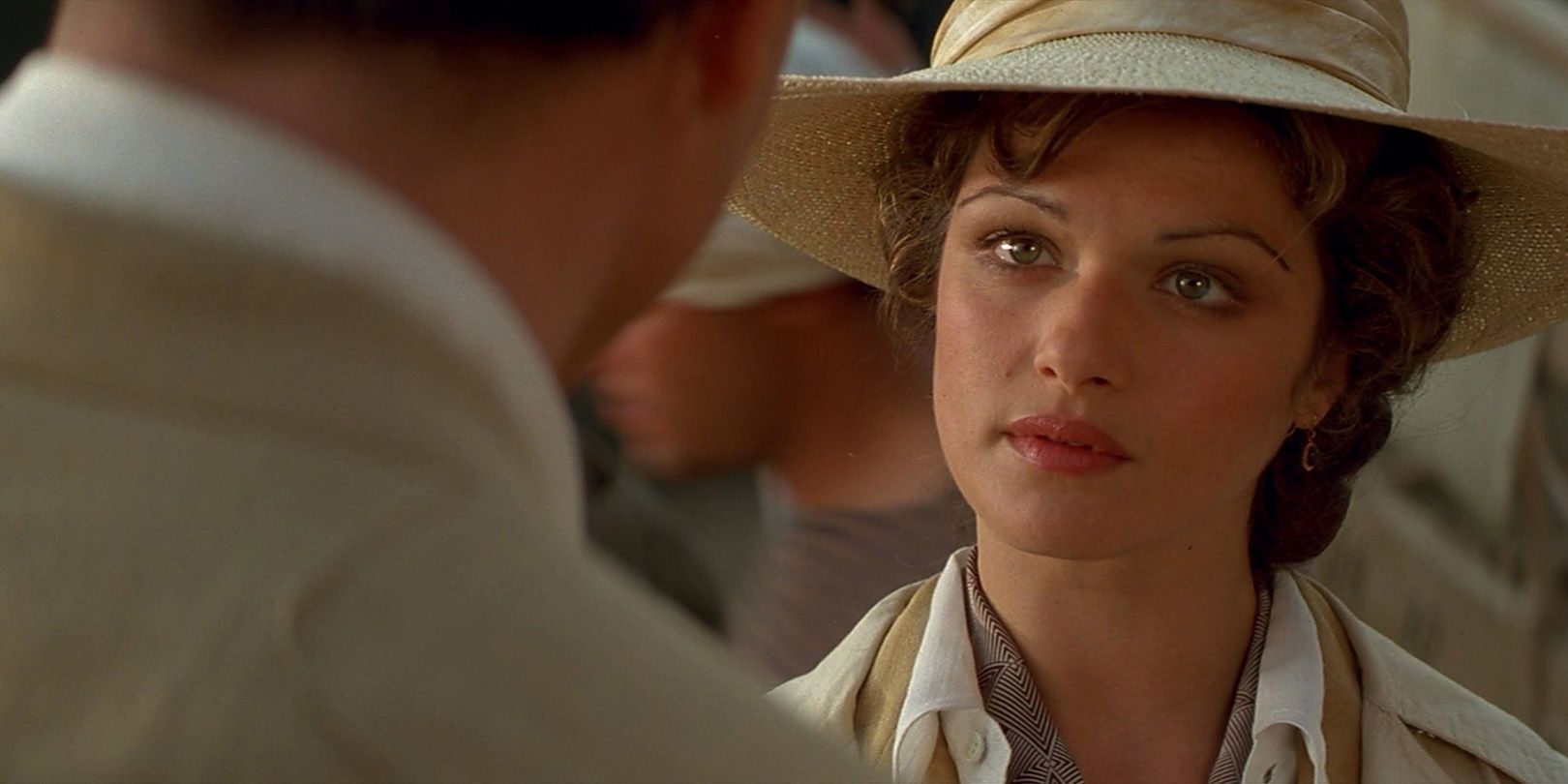
Back in 1999, Rachel Weisz's character Evelyn Carnahan became a fan favourite because of her plucky defiance and sense of adventure. The film's 1930s setting highlighted her fearlessness and feminism, and made her easy to identify with. Uncommonly for action films of the time, Evelyn was very much a character in her own right, and didn't simply spend the entire film serving as nothing but a love interest for Brendan Fraser's character.
Sadly, there doesn't seem to be an Evelyn style character in the upcoming Mummy film. While Annabelle Wallis acts in support of Tom Cruise, her role seems to be that of the damsel in distress first and foremost.
There is hope for a strong female lea,d though, as the titular Mummy is played by Sofia Boutella. Her origin story seems to be very much related to a feminist cause, so in some ways she picks up the torch that Evelyn was carrying in Sommers' films. Only she's evil, and trying to destroy the world.
4. NO REFRESHING PERIOD SETTING
As mentioned earlier, previous Mummy films were set in the 1920s/'30s, as opposed to the upcoming feature, which is set in the present day. Once again, the logic seems clear: this is a reboot, so a clear distinction has to be made between it and previous incarnations. Yet, once again, the decision seems to make it harder to allow yourself to be swept away and absorbed by the story.
The combination of the modern, ultra-scientific world with the magical mythological fantasy that underpins The Mummy seems to clash, whereas the past historical settings seemed to suit the story. Aside from that, it was also refreshing and novel to see an action/adventure movie set in the '20s/'30s time period, with the only other serious contender being Indiana Jones. That isn't to say the modern setting can't work, but it certainly feels less imaginative and places the film in competition with the many, many action films set in the present day.
3. WHERE'S BRENDAN FRASER?
Brendan Fraser's roguish, charming, lovable action man Rick O'Connell was a huge part of the success of the late '90s/early 2000s films. Whether he was firing off ancient revolvers, locked in life or death hand-to-hand struggles, or waving cats around, Fraser brought a very distinctive sense of wry cynicism to a heroic protagonist that could have easily been a dull, standard male action lead. His contribution will surely be missed in the upcoming film.
Cruise isn't unfamiliar with the wry, grinning action hero routine himself, but he's actually older than Fraser is now, and part of Rick's charm was in the youthfulness of the character. This was demonstrated by the its failure to work in the terrible 2008 sequel The Mummy: Tomb Of The Dragon Emperor. It seems likely that Cruise's Nick Morton will be a very different type of hero, but it also seems a shame that Fraser, who did so much for the franchise, doesn't even appear in a brief cameo.
2. ROMANTIC CHEMISTRY BETWEEN LEADS
The earlier Mummy films, even those stretching back into the dim and distant '30s, were fundamentally romantic. As mentioned earlier, Imhotep was always driven by a sad love, and in Sommers' films the romance between Rick and Evelyn was the basis for some of the best scenes. The development of romance in films about battles with living corpses was a unique and peculiar element that few other movies have even attempted to capture.
While there's a perfunctory romance between Cruise and Wallis in the rebooted Mummy, the crackling chemistry that Fraser and Weisz exuded as Rick and Evelyn just isn't there. Without some form of romance, the film risks losing one of the essential aspects that links even the oldest Mummy productions with each other.
1. MORE HORROR/ACTION THAN ACTION/ADVENTURE
Ultimately, this reimagining seems determined to move The Mummy from the action/adventure genre that the Sommers films placed it in, to a darker, grittier horror/action category. It's a bold decision, and one that signposts the direction that Universal want to move in with their monster univere. This comes with a price.
The exceptional success of the earlier Mummy films was, more than anything else, down to an excellent blend of humour, action, and engaging plot. Going down a darker road could certainly attract fans of horror movies, but in keeping a family-friendly age rating, horror fans may find it not horrifying enough, while fans of the earlier movies may be disappointed in the change of direction. Universal has taken a gamble. Let's hope it doesn't come back to haunt them.
---
What are your thoughts on the new Mummy reboot?Let us know in the comments!

